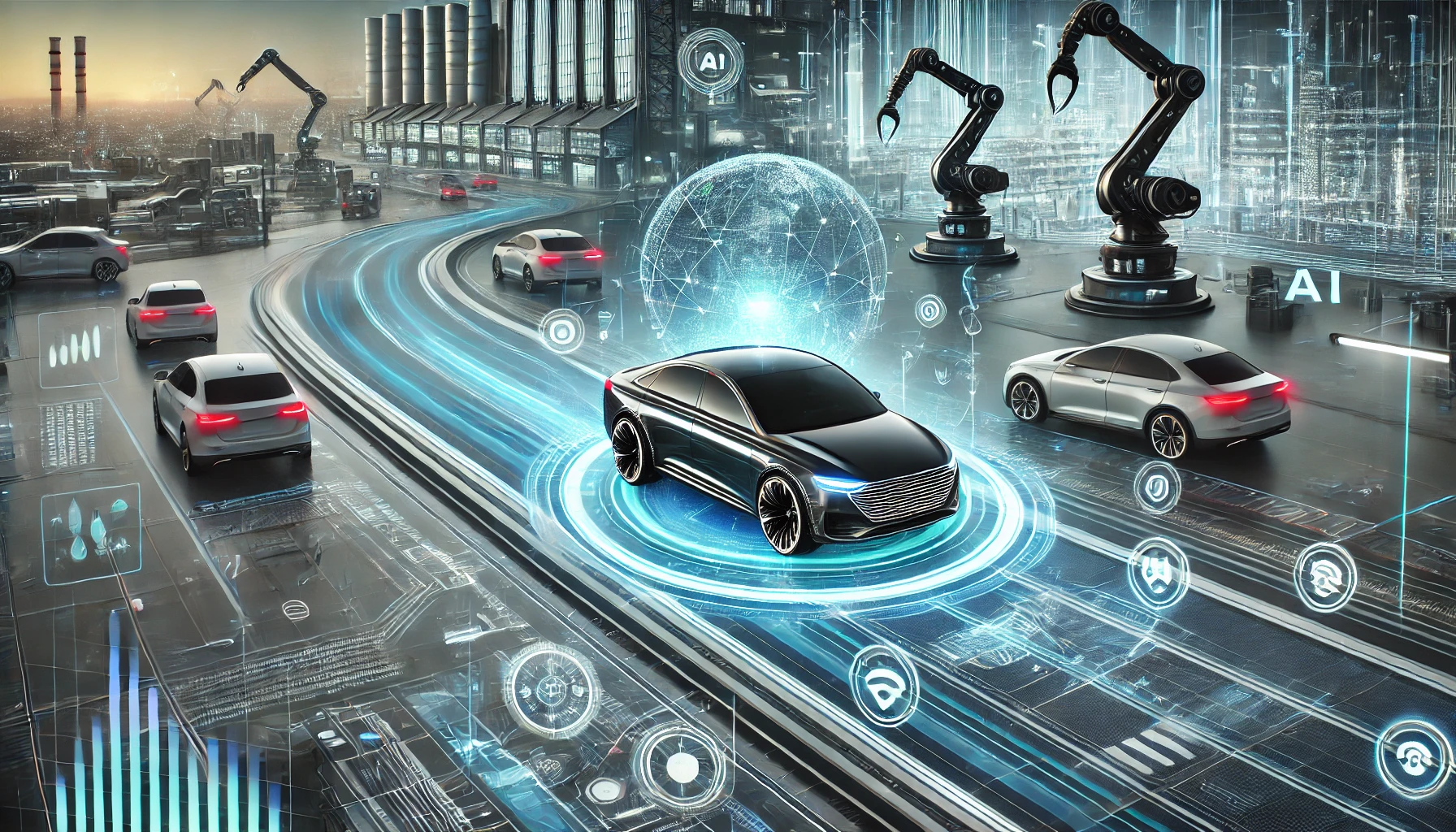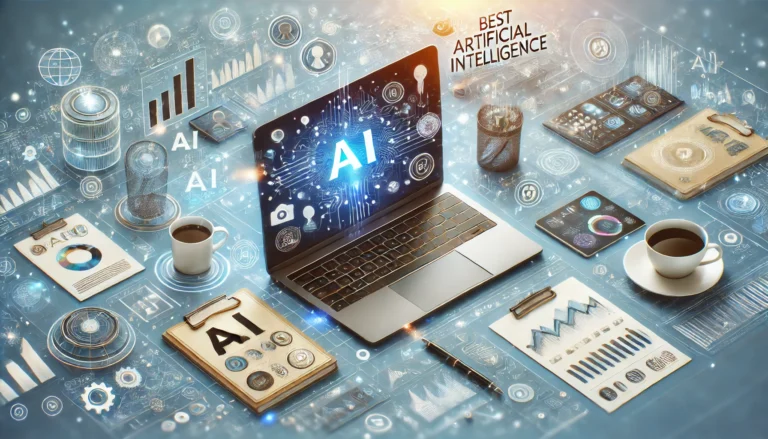The Impact of Artificial Intelligence on the Automotive Industry
Artificial Intelligence (AI) has revolutionized numerous industries, and the automotive sector is no exception. In recent years, AI has become a central component in transforming how vehicles are designed, produced, sold, and utilized. This technological revolution not only redefines the concept of mobility but also expands the boundaries of innovation and efficiency in the automotive industry. In this article, we will explore the various impacts of AI on the automotive sector and how this technology is shaping the future of vehicles.
AI in Autonomous Driving
One of the most evident examples of AI in the automotive industry is autonomous driving. With companies like Tesla, Waymo, and others, the promise of self-driving vehicles is becoming closer to reality. Autonomous driving involves the use of advanced AI algorithms to analyze massive amounts of data in real-time, allowing vehicles to navigate, detect obstacles, and make decisions based on the environment.
There are different levels of automation, ranging from driver assistance to fully autonomous vehicles. The ultimate goal is to create an ecosystem where vehicles can operate without human intervention, drastically reducing accidents, increasing fuel efficiency, and freeing passengers for other activities while traveling. AI processes data from cameras, LIDAR sensors, radars, and GPS to understand the environment and respond accordingly, making driving safer and more efficient.
AI in Automotive Manufacturing
Beyond autonomous driving, AI is also profoundly impacting vehicle production. Automation in assembly lines has existed for decades, but AI elevates this practice to a new level. Industrial robots equipped with AI can now perform complex tasks with greater precision and efficiency than ever before.
Smart factories use AI systems to optimize production, predict equipment failures, automatically adjust production lines, and minimize material waste. Predictive analytics, based on AI, enables preventive maintenance, which avoids unexpected production stoppages, ensuring operational efficiency is maintained.
Connected Vehicles and User Experience
Another application of AI that is reshaping the automotive industry is the concept of “connected vehicles.” Modern cars are increasingly equipped with intelligent systems that use AI to enhance the user experience. Virtual assistants, such as Apple’s Siri or Google Assistant, are now part of many vehicle interfaces, allowing drivers to control functions through voice commands.
Additionally, infotainment systems are becoming more personalized, adjusting driving preferences, music, and climate based on user profiles. AI is also used to monitor driver behavior, suggesting faster routes or warning of potential road hazards.
Connected cars not only improve the driver experience but also open doors to new business opportunities. With the collection and analysis of large amounts of data, automakers and automotive service providers can offer personalized services, such as real-time data-driven maintenance or insurance adjusted to the driver’s behavior.
AI in Fleet Management
Beyond individual benefits, AI is also transforming fleet management, especially in sectors like goods transportation and mobility services. Companies managing large fleets of vehicles can use AI to monitor vehicle performance, optimize routes, and reduce fuel consumption.
Analyzing vast amounts of data allows transportation companies to make more informed decisions about when and how to perform vehicle maintenance, resulting in less downtime and lower operational costs. It is also possible to predict and avoid congestion through real-time traffic analysis, improving delivery punctuality.
Sustainability and Energy Efficiency
The transition to electric vehicles is another area where AI plays a crucial role. AI-powered battery management systems can optimize energy use, extending battery life and improving the overall efficiency of electric vehicles. Additionally, AI helps design more efficient and lightweight engines, contributing to reducing carbon emissions and promoting more sustainable transportation.
For example, Tesla uses AI extensively to optimize the performance of its electric vehicles, from battery management to driving range. Predictive analytics allow continuous adjustments to the vehicle’s software, ensuring it always operates at peak efficiency.
Challenges and Ethical Considerations
Despite the significant advancements, implementing AI in the automotive industry is not without challenges. The safety of autonomous vehicles remains a central concern, especially in complex scenarios such as busy urban areas. Additionally, AI raises ethical questions about responsibility in case of accidents and the impact on employment, as automation may replace many jobs.
Conclusion
Artificial Intelligence is transforming the automotive industry in profound and comprehensive ways. From autonomous vehicles to smart factories, to improvements in user experience and fleet management, AI is shaping the future of mobility. While there are still challenges to overcome, it is undeniable that AI is driving innovation, efficiency, and sustainability in the automotive sector, promising a safer and more efficient future for all automobile users.







